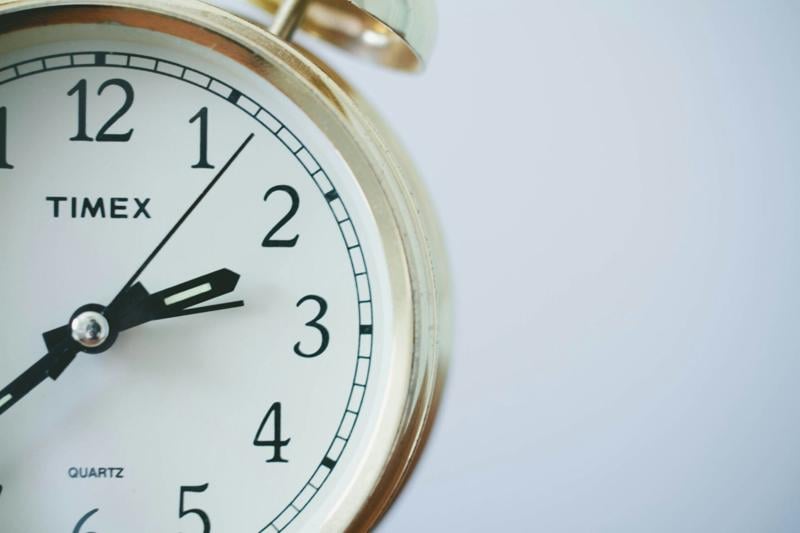(The Center Square) – The Nevada Assembly Committee on Government Affairs heard a bill this week that would stop daylight saving time in the state.
Assembly Bill 81 says Nevada would no longer have to move its clock forward on the second Sunday of March every year and back an hour on the first Sunday of every November.
AB 81’s sponsor, Assemblymember Selena La Rue Hatch, D-Reno, said this bill would exempt Nevada from the federal requirements for daylight saving time.
La Rue Hatch said at the hearing that she wanted to amend the bill to start on Jan. 1, 2026.
This bill would put Nevada permanently on Pacific Standard Time.
The assembly member said she “constantly” hears about complaints about daylight saving time from her constituents.
La Rue Hatch added that other assembly members she has spoken to have had similar conversations with their constituents.
“These are not just folks upset about losing an hour of sleep or having to change their clocks,” La Rue Hatch said. “There are documented negative health effects that come from observing daylight saving time.”
La Rue Hatch said health impacts worsen in the weeks following a clock change. She cited an increase in strokes, heart attacks, digestive issues and poorer medical outcomes.
Many health organizations endorse Permanent Standard Time as being more natural, in line with people’s circadian rhythm, and better for physical health, she said.
The American Academy of Sleep Medicine and the American Medical Association approve of getting rid of daylight saving time.
La Rue Hatch also cited poorer mental health outcomes. She said anxiety and depression increase because of daylight saving time.
Public safety incidents such as car and workplace accidents increase during daylight saving time, La Rue Hatch said.
Regarding economics, the assembly member claimed people’s work productivity decreases when changing the clock.
Furthermore, La Rue Hatch said, energy is not saved by daylight savings time.
“The offset in light is outweighed by the increase in demand for heating and cooling in the mornings and the evenings when we are on daylight savings time,” she said.
La Rue Hatch said this bill proposal immediately impacts Nevada’s positive health without spending any money.
The assembly member said Nevada cannot adopt Permanent Daylight Time, which she said would contribute to seasonal depression and other problems.
Arizona and Hawaii recognize Permanent Standard Time.
La Rue Hatch said 30 states are considering legislation similar to her bill proposal.
Annie Vong, who represented the Nevada Public Health Association, said seasonal time changes present a risk to public health regarding motor vehicle crashes and cardiovascular events.
She added the NPHA “fully supports this bill.”
Justice Forrest, who is the administrator assistant for the Nevada Association for the Education of Young Children, also said his organization supports AB 81.
He cited the adverse effects of daylight saving time on children’s mental health, concentration and school performance.
Jay Pea, who is the president of Saved Standard Time in Arizona, called daylight saving time a “mandate to wake earlier and sleep less.”
“Permanent Standard Time is the natural clock set to the sun, 12 p.m. high noon. It balances the morning and evening light,” Pea said. “That morning light is especially important for our sleep, mood, health, safety and education.”
But Ron Aryel, a pediatrician, called the bill “premature.” He claimed La Rue Hatch had not talked to all the stakeholders, such as tribal chiefs, resort and casino communities, and other businesses.
“There are documented health effects when the time springs forward, but then a decrease in health effects when the time springs back again,” Aryel said.
He said studies have shown violent crime increases when daylight saving time ends.
Aryel recommended creating a commission to study this issue and wait until the 2027 legislative session to make changes.







